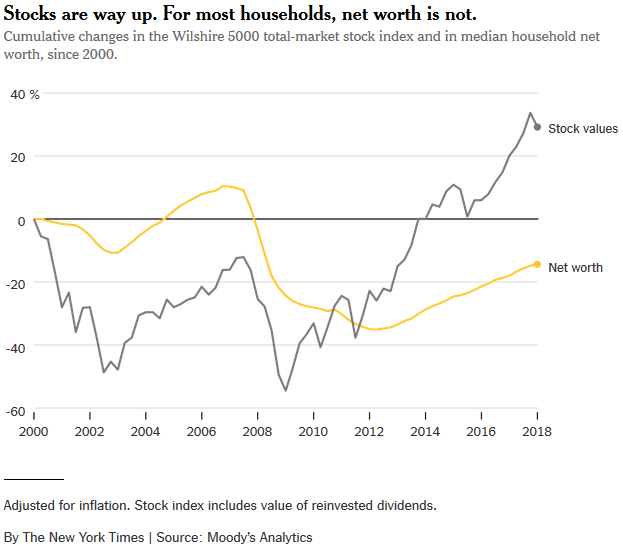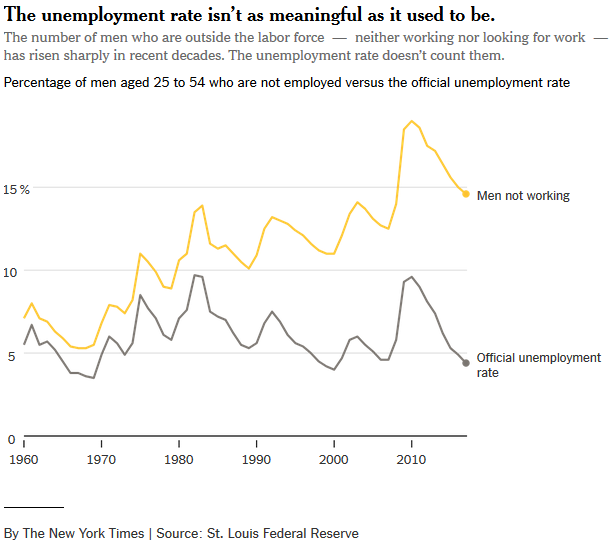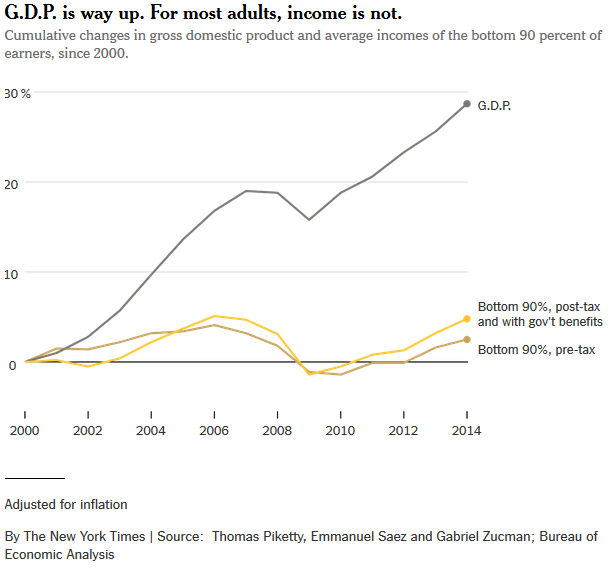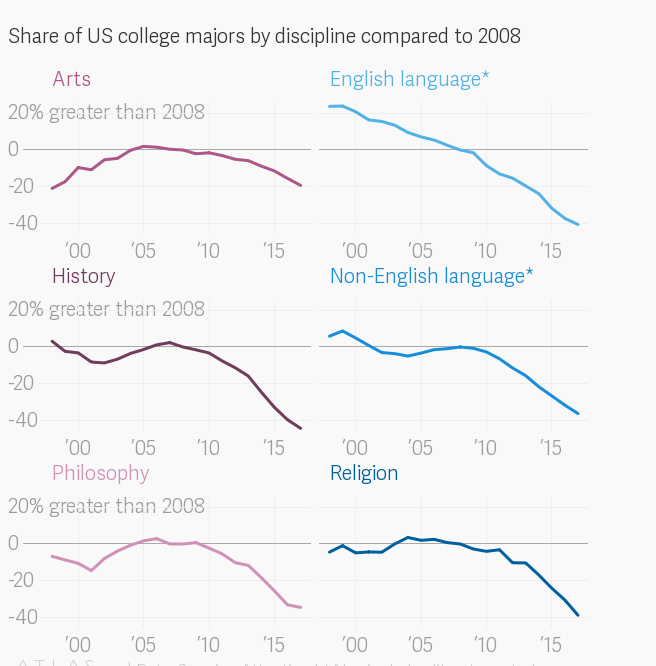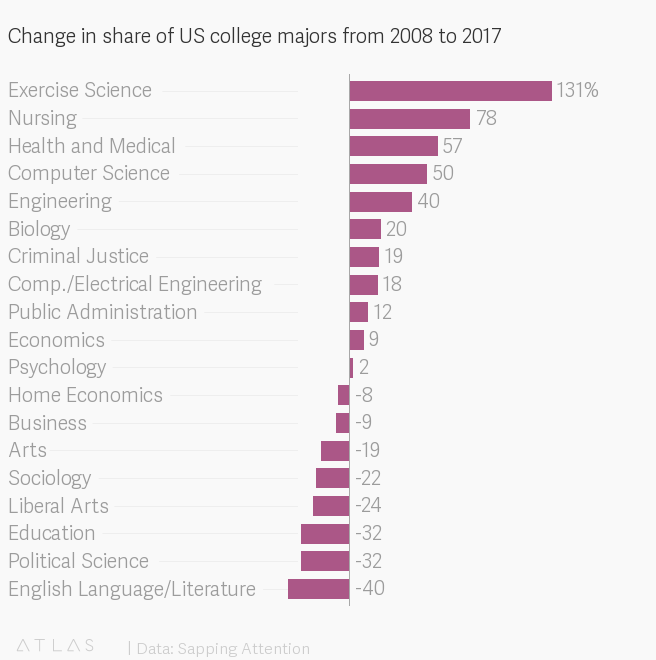Source: Are Index Funds Communist? | Bloomberg Opinion, by Matt Levine
The function of the capital markets is to allocate capital. … Analysts should be constantly thinking about whether companies are over- or underpriced, so that they can buy the underpriced ones and sell the overpriced ones and keep capital flowing to its best possible uses. But when those thoughtful active analysts are replaced with passive index funds, the market stops serving that function. Whatever the biggest company is today will remain the biggest company tomorrow, and capital will never be allocated from bad uses to good ones.
…
there is an alternative view that the rise of passive investing will improve capital allocation, because bad active investors will be driven out but good ones will remain. The passive investors can’t influence relative prices, since they just buy the market portfolio, meaning that the fewer but better active investors will continue to make the capital allocation decisions.
The capital allocation problem is a subset of that more general resource allocation problem, and has similar answer choices: You can have clunky central planning, or you can have a market where investors compete to buy securities and thus set prices, or you can have an ideal but as-yet-undiscovered computer do the allocating.
One way to think about [passive index funds] is that they are all crude algorithms for picking the best companies to allocate capital to. True, diversified, market-cap-weighted index funds are the crudest algorithm. They essentially assume that the companies that were good yesterday will probably be good tomorrow. This is not entirely true, of course, but it’s true enough to be useful, or at least to outperform most human money managers most of the time.
And of course any human active investor is mostly relying on historical correlations and pattern-matching to make predictions of future fair value. … this sort of informal empiricism; robot investors just formalize it.
…
One broadly plausible thing to expect is that, in the long run, the robots will be better at this than the humans. Another broadly plausible thing to expect is that, in the long run, the robots will keep getting better at it. … One other thing to consider is that eventually the best robot will predictably and repeatedly outperform the second-best robot, so why would you invest with the second-best robot?
…
So the logical/whimsical end point is, if you want to invest in U.S. business, you give your money to the Best Capital Allocating Robot (U.S. Division), and that robot — whose prowess has been proven over time in fierce competition — applies the best algorithms to the best data set to make the best possible capital-allocation decisions, and you get the best returns, and the economy gets the best capital allocation.
…
The Fraser-Jenkins thesis is that algorithmic investing runs the risk of destroying capitalism by abandoning the pursuit of knowledge. But the really fun alternative is that it runs the risk of destroying capitalism by perfecting that pursuit: Once you have solved the socialist calculation problem, what do you need markets for?
